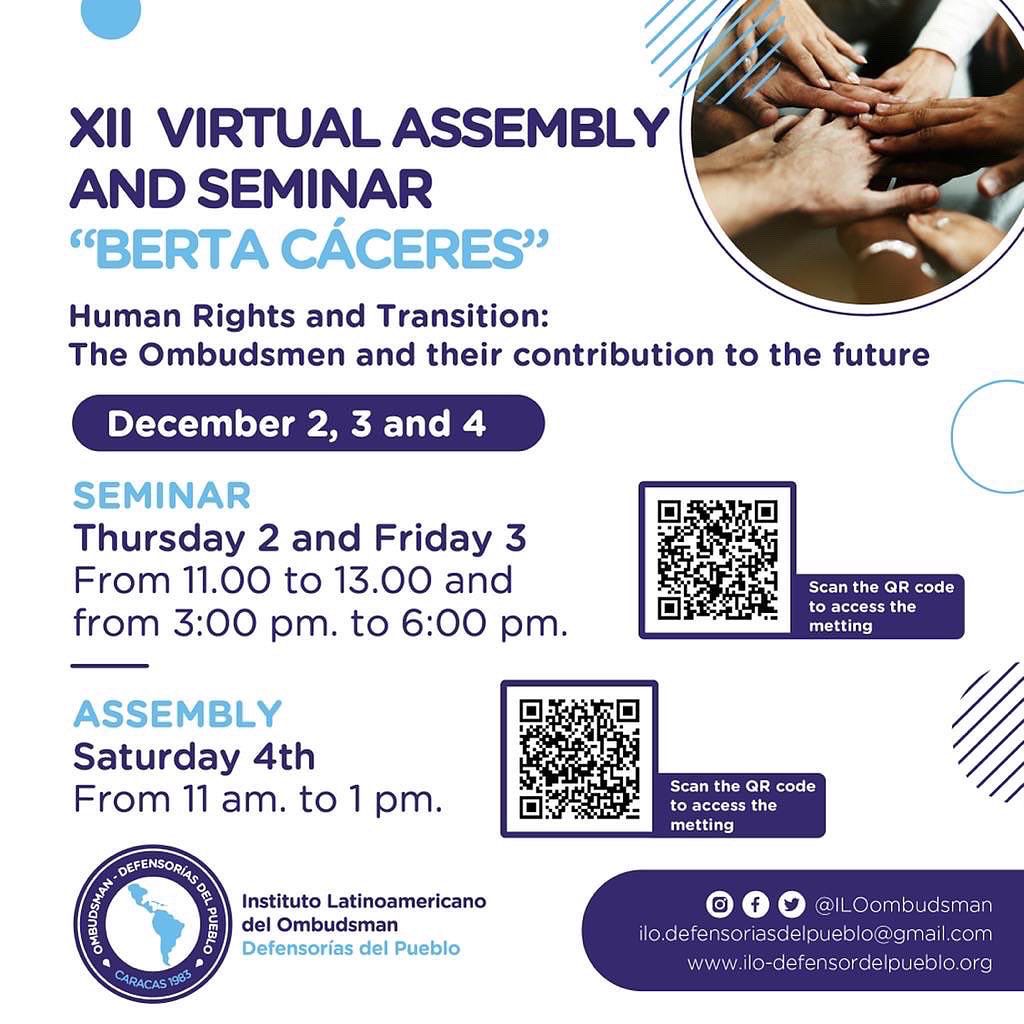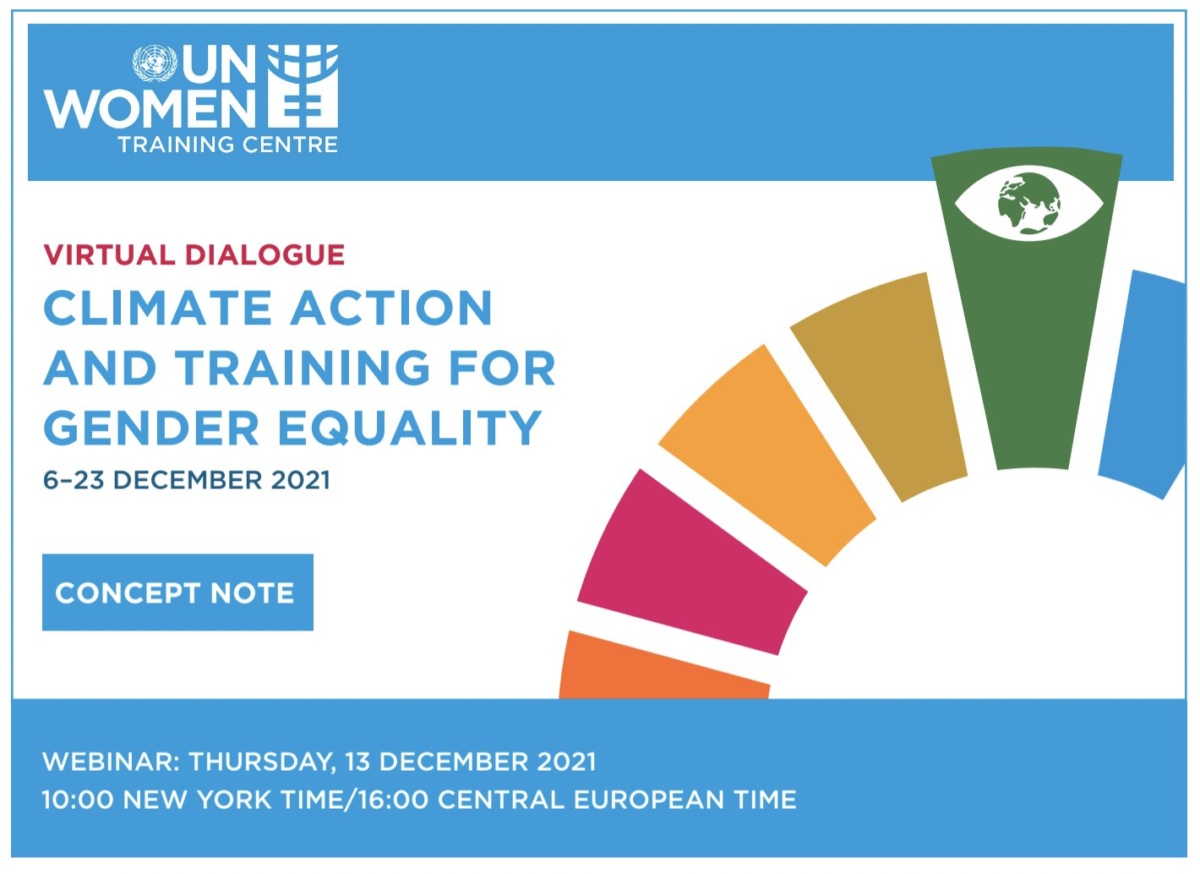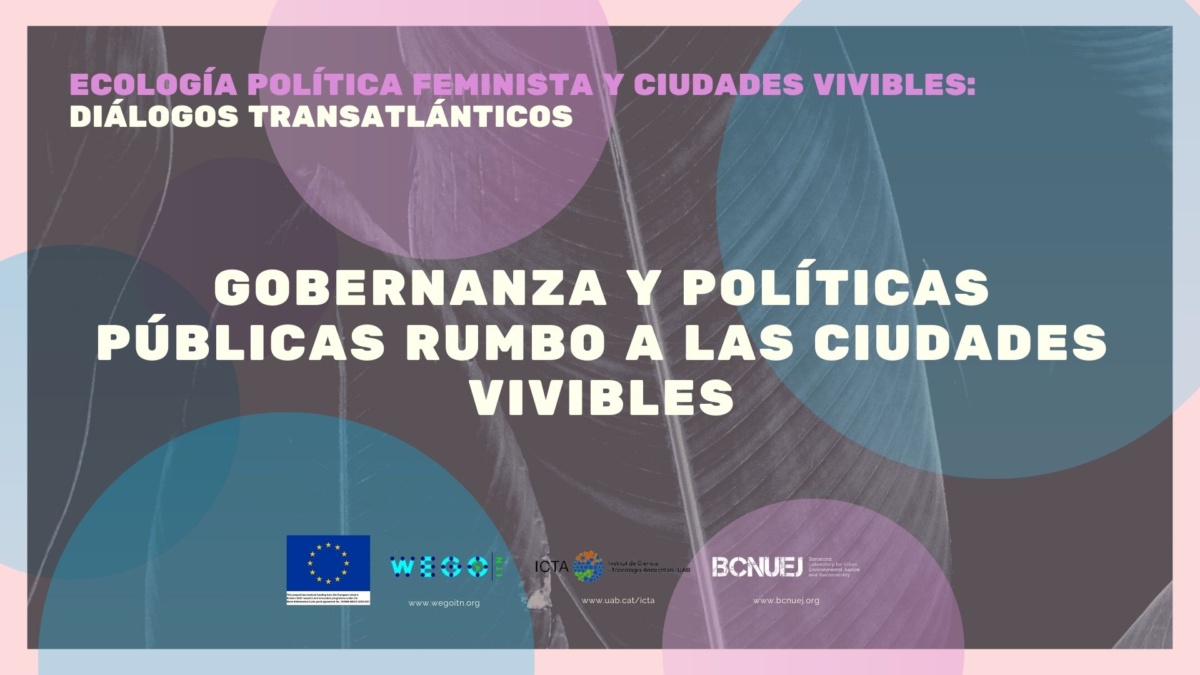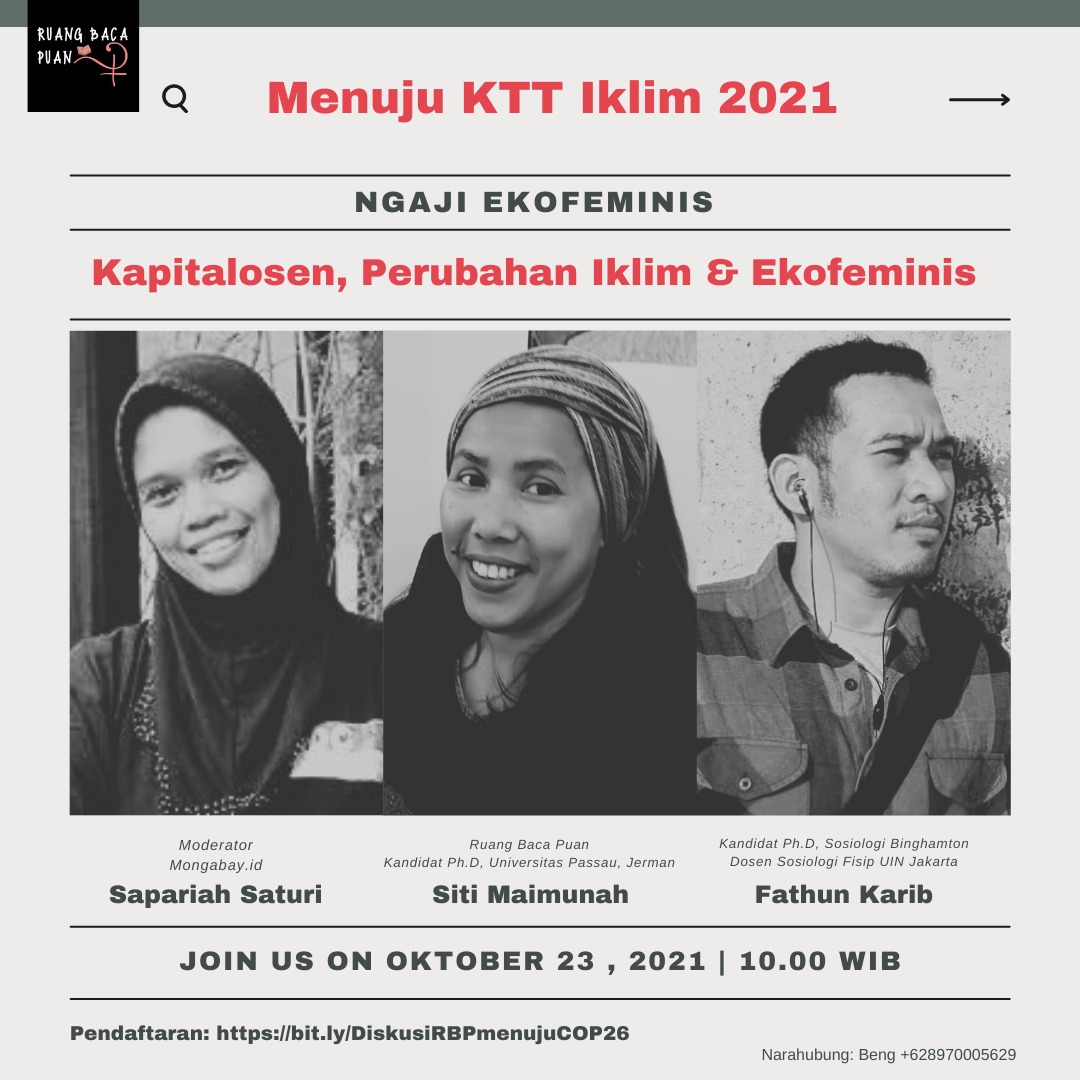The Despite Extractivism online exhibition assembles expressions of care, creativity and community from diverse sites of extraction and geographical contexts. Extractivism is characterised by the violent accumulation of resources, which often devastates and disrupts affected communities and the natural world. Collectively, the works in this exhibition illuminate and explore ways of questioning, subverting and resisting the logics and impacts of extractivism.Can artistic interventions help foster new sensibilities and solidarities with distanced extractive contexts? Can sites of extraction be a fertile ground for alternatives?
Accompanying the exhibition, our events series is an unfolding opportunity for collective learning and solidarity building with artists, activists, academics, communities and active audiences.
Between an online launch event and a closing event, three webinars will explore the stories, ideas and practises of the Despite Extractivism contributors and the communities they engage with. The events, featuring performances, presentations and discussions, focus in turn on expanding but intersecting scales, from the body to the global. Presenters and further information to be announced.
Register now and don’t miss it!
Check out the exhibition’s program
Welcome
Thursday 20th January |12-1.30pm (UK)
The curatorial collective will be joined by contributors to launch the website and open the exhibition to the public. Together we will take a guided journey through the online exhibition spaces, meet the artists and explore the themes and questions at the heart of the exhibition.
Embodiment
Thursday 27 January |12-1.30pm (UK)
Embodied, sensory or emotional experiences can evoke (new) sensibilities to extractive realities at a personal level. In this webinar we will explore how particular kinds of creative practises and strategies not only portray such experiences but also motivate embodied persistence or resistance , because of – or despite – extractivism.
Community
Thursday 3 February |12-1.30pm (UK)
Communities of place are often at the centre of stories about impacts and resistance to extractivism. When we ask what persists ‘despite extractivism’, the question also invites us to think about what we mean by ‘community’ in our stories.
Worlding
Thursday 10 February |12-1.30pm (UK)
Extractivism describes a singular and toxic way of being in and relating to the world. Each Despite Extractivism contribution invites us to relate and act ‘otherwise’ in different ways and through different registers. Working with the Zapatista definition of the pluriverse – ‘the world we want is a world in which many worlds fit’ – this webinar provides a common space to share stories and conversations across our differences.
Closing
Tuesday 8 March – International Women’s Day (Time TBA)
This event will bring together the collective learning of the exhibition and accompanying events. Rather than marking the end of the project, the event will consider what new ideas, connections or questions have unfolded and how we might cultivate these.















